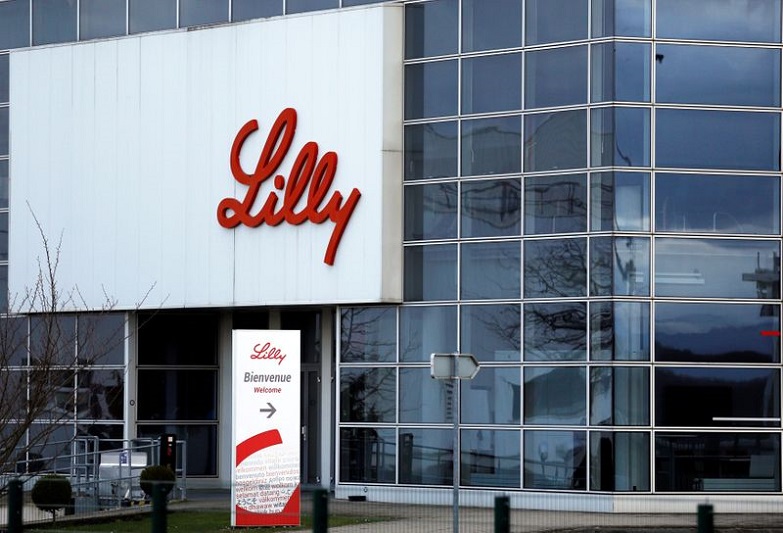Shares in ResMed (RMD) and Inspire Medical Systems (NYSE:INSP) fell sharply in Monday premarket trading, driven by promising results from Eli Lilly’s (LLY) Phase III SURMOUNT-OSA clinical trials.
Per the trial’s results, Lilly’s tirzepatide, commonly known as Zepbound, significantly reduced the severity of moderate-to-severe obstructive sleep apnea (OSA) in obese adults, regardless of their use of positive airway pressure (PAP) therapy.
RMD and INSP stocks fell 9.4% and 12.3%, respectively.
The multicenter, randomized, double-blind, placebo-controlled studies evaluated the efficacy and safety of tirzepatide compared to a placebo.
Study 1 included obese adults with OSA who were not using PAP therapy, while Study 2 involved those using PAP therapy during the trial. Participants were randomly assigned to receive a maximum tolerated dose (MTD) of tirzepatide (10mg or 15mg) or a placebo.
The primary objective was to demonstrate tirzepatide's superiority over placebo in reducing the apnea-hypopnea index (AHI) after 52 weeks.
The trials achieved all primary and key secondary endpoints, showing a mean AHI reduction of up to 62.8%, equivalent to about 30 fewer events per hour of sleep. Moreover, disease resolution was observed in 43% of subjects in Study 1 and 51.5% in Study 2 at the highest dose of tirzepatide.
Following the results’ release, Citi analysts downgraded RMD stock from Buy to Neutral, contributing to the stock’s decline.
“Given the GLP-1 dose escalation period of ~20 weeks, we estimate CPAP therapy will continue to be prescribed along with GLP-1s, at least at the start,” Citi noted.
“Our forecast assumes a rebasing of the CPAP device market over several years combined with Philips gradually regaining ~20% market share, of which 10% from RMD,” they added.
Meanwhile, analysts at Stifel reiterated a Hold rating on INSP stock, however, they believe the setup for the stock “remains challenging,” cutting their price target from $210 to $170.
